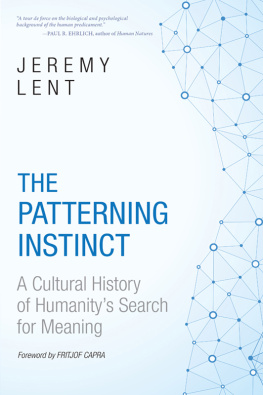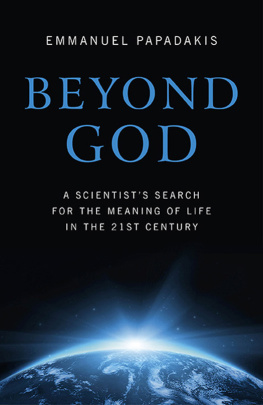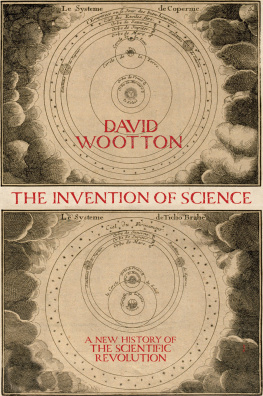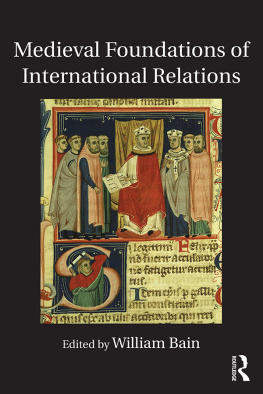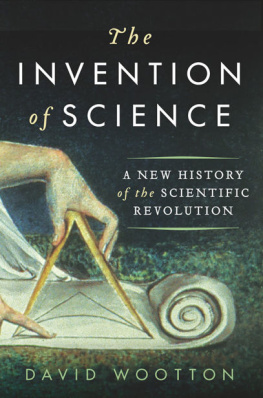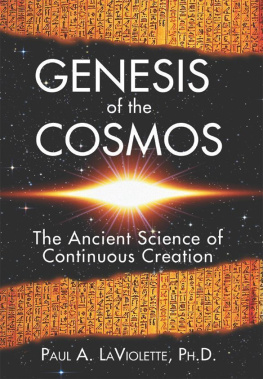Jeremy Lent - The Patterning Instinct: A Cultural History of Humanity’s Search for Meaning
Here you can read online Jeremy Lent - The Patterning Instinct: A Cultural History of Humanity’s Search for Meaning full text of the book (entire story) in english for free. Download pdf and epub, get meaning, cover and reviews about this ebook. year: 2017, publisher: Prometheus Books, genre: Religion. Description of the work, (preface) as well as reviews are available. Best literature library LitArk.com created for fans of good reading and offers a wide selection of genres:
Romance novel
Science fiction
Adventure
Detective
Science
History
Home and family
Prose
Art
Politics
Computer
Non-fiction
Religion
Business
Children
Humor
Choose a favorite category and find really read worthwhile books. Enjoy immersion in the world of imagination, feel the emotions of the characters or learn something new for yourself, make an fascinating discovery.
- Book:The Patterning Instinct: A Cultural History of Humanity’s Search for Meaning
- Author:
- Publisher:Prometheus Books
- Genre:
- Year:2017
- Rating:3 / 5
- Favourites:Add to favourites
- Your mark:
The Patterning Instinct: A Cultural History of Humanity’s Search for Meaning: summary, description and annotation
We offer to read an annotation, description, summary or preface (depends on what the author of the book "The Patterning Instinct: A Cultural History of Humanity’s Search for Meaning" wrote himself). If you haven't found the necessary information about the book — write in the comments, we will try to find it.
Taking the reader on an archaeological exploration of the mind, the author, an entrepreneur and sustainability leader, uses recent findings in cognitive science and systems theory to reveal the hidden layers of values that form todays cultural norms.
Uprooting the tired clichs of the science-religion debate, he shows how medieval Christian rationalism acted as an incubator for scientific thought, which in turn shaped our modern vision of the conquest of nature. The author probes our current crisis of unsustainability and argues that it is not an inevitable result of human nature, but is culturally driven: a product of particular mental patterns that could conceivably be reshaped.
By shining a light on our possible futures, the book foresees a coming struggle between two contrasting views of humanity: one driving to a technological endgame of artificially enhanced humans, the other enabling a sustainable future arising from our intrinsic connectedness with each other and the natural world. This struggle, it concludes, is one in which each of us will play a role through the meaning we choose to forge from the lives we lead.Foreword by Fritjof Capra
Jeremy Lent: author's other books
Who wrote The Patterning Instinct: A Cultural History of Humanity’s Search for Meaning? Find out the surname, the name of the author of the book and a list of all author's works by series.

